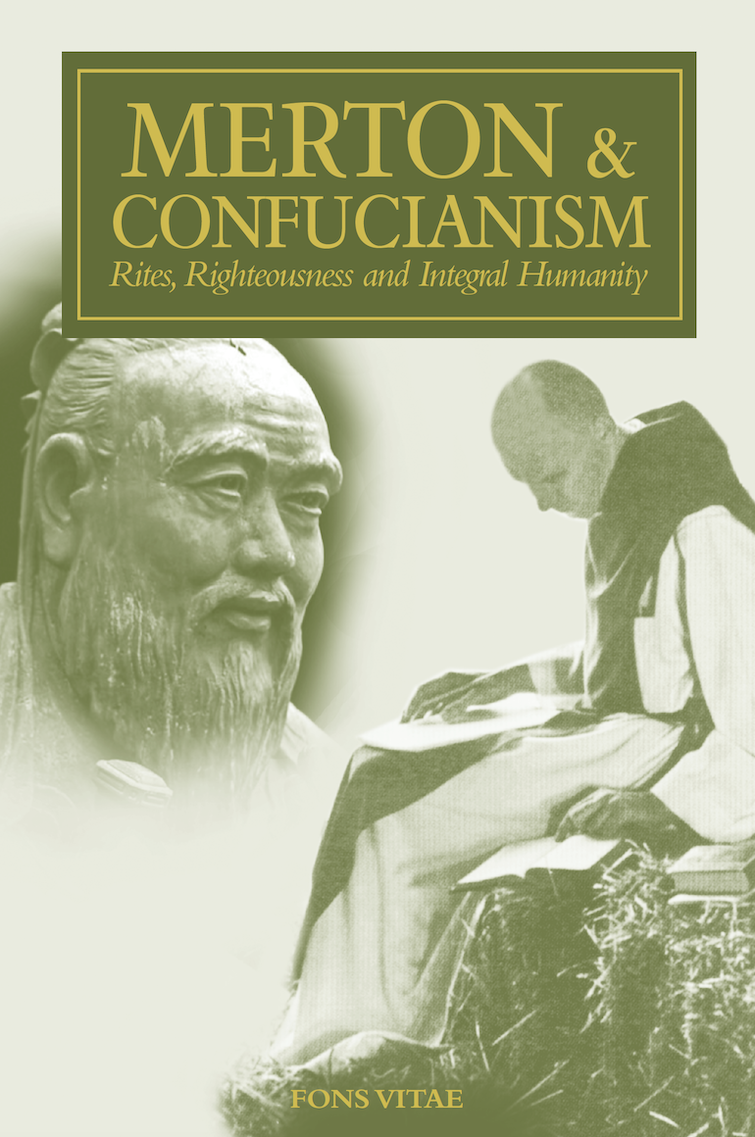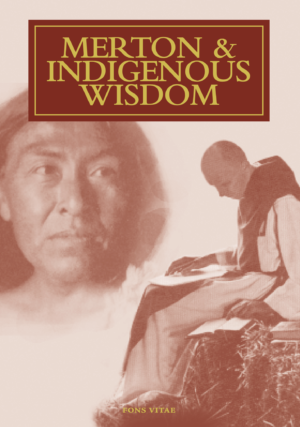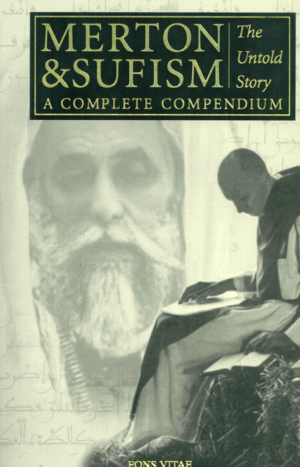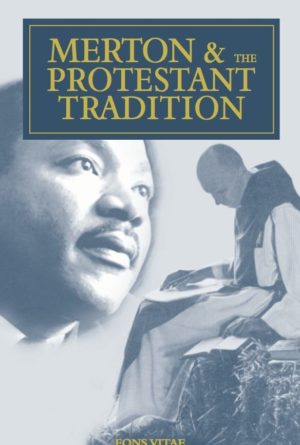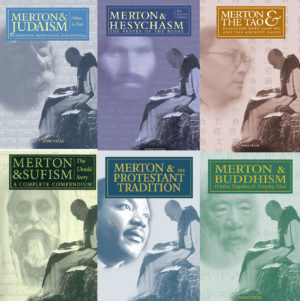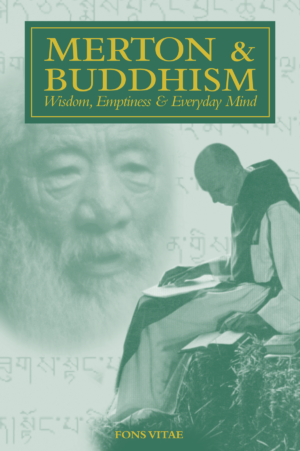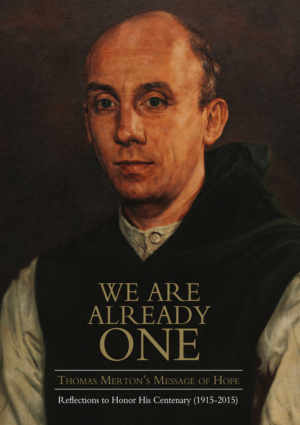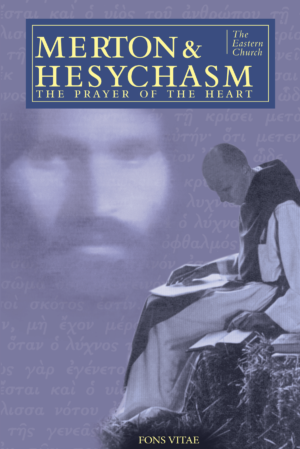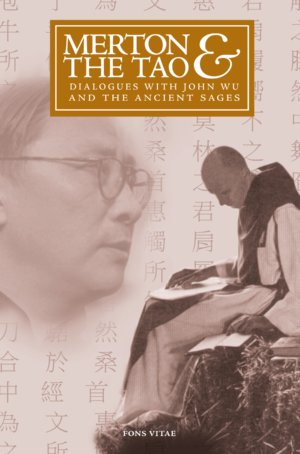Editor: Patrick F. O’Connell General Editors: Jonathan Montaldo & Virginia Gray Henry. Proofreader: Anna Ogden
Table of Contents
PART I – SOURCES
THE THOMAS MERTON/PAUL SIH CORRESPONDENCE
MERTON’S READING NOTES ON CONFUCIANISM AND RELATED MATERIAL CONFUCIANISM IN MERTON’S NOVITIATE CONFERENCES
THE CONFUCIAN ANALECTS IN CONFERENCES ON THE VOWS
NOVITIATE CONFERENCES ON CONFUCIANISM AND CHINESE CULTURE
Part II – STUDIES
THOMAS MERTON AND CONFUCIAN RITES: “THE FIG LEAF FOR THE PARADISE CONDITION” John Wu Jr.
“WISDOM CRIES THE DAWN DEACON”: THOMAS MERTON AND “THE OX MOUNTAIN PARABLE” Paul M. Pearson
THOMAS MERTON, MATTEO RICCI AND CONFUCIANISM Wm. Theodore de Bary
“A WAY OF LIFE IMPREGNATED WITH TRUTH”: DID THOMAS MERTON UNDERVALUE CONFUCIANISM? Patrick F. O’Connell
MO TZU AND THOMAS MERTON Robert E. Daggy
INDEX
“The classic Ju philosophy of Confucius and his followers can be called a traditional personalism built on the basic social relationships and obligations that are essential to a humane life and that, when carried out as they should be, develop the human potentialities of each person in his relation to others. In fulfilling the commands of nature as manifested by tradition, which are essentially commands of love, man develops his own inner potential for love, understanding, reverence, and wisdom.” — Thomas Merton, The Way of Chuang Tzu
“If a man be really bent on human-heartedness, there is no wickedness in him . . . . A human-hearted ruler wants security for himself, and so he makes others secure. He wishes to get a wider sphere of influence, and so he extends other people’s spheres of influence. The ability to draw parallels from matters very near to oneself may be called the art of human-heartedness. . . . The man bent on public service, if he be human-hearted, will under no circumstances seek to live at the expense of his human-heartedness. There are occasions when he will lay down his life to preserve his human-heartedness.” — Confucius, Analects
“It is only the man who is entirely real in this world who has the capacity to give full development to his human nature. If he has that capacity, it follows that he has the capacity to give full development to other men’s human nature. If he has that capacity, it follows that he has the capacity to give full development to the natures of all species of things. Thus it is possible for him to be assisting the transforming and nourishing work of Heaven-and-Earth. That being so, it is possible for him to be part of a trinity of Heaven, Earth and himself. . . . It is only the man who is completely real in the world, who can weave the fabric of the great basic strands in human society, who can establish the great foundations of this world, and who can understand the transforming and nourishing work of Heaven-and-Earth.” — Confucius, Doctrine of the Mean
—-
Patrick F. O’Connell received doctoral degrees in English literature from Yale University, and in theology from Fordham University (New York). A founding member and past president of the International Thomas Merton Society, O’Connell has spoken to audiences throughout North America, Great Britain and Ireland on Merton and his work. In addition to over fifty published articles on the topic, he has served as an editor of numerous Merton volumes, including his monastic conferences.
“It has been my good fortune to participate in a prestigious circle of Merton scholars of whom Dr. Patrick O’Connell is, in my estimation, the most eminent. No one has his range and depth of knowledge of the extensive and rich Merton corpus, and no one has made it more accessible, particularly in the compendious work, The Thomas Merton Encyclopedia, which bears the mark of his singular scholarship. As an interpreter of Merton’s poetic and literary legacy, in particular, Dr. O’Connell’s contributions are peerless: his publications allow Merton’s timeless voice to continue resounding into a new century. We are especially grateful for his wise and faithful leadership and presence as one of the founding members and past president of the International Thomas Merton Society which owes much of its success to his ongoing commitment” – Kathleen Deignan, CND, Past President, International Thomas Merton Society.
—-
Jonathan Montaldo co-general editor of the Fons Vitae Thomas Merton Series was the Director of Bethany Spring, the Merton Institute for Contemplative Living’s Retreat Center in New Haven, Kentucky. He has edited numerous volumes of Thomas Merton’s writing including The Intimate Merton, Dialogues with Silence, A Year With Thomas Merton, Choosing to Love the World: Thomas Merton on Contemplation, and Bridges to Contemplative Living with Thomas Merton (nine volumes).
With Virginia Gray Henry, the publisher, he is coeditor of the commemorative volume We are Already One and co-general editor of the Fons Vitae Thomas Merton Series that examines Merton’s interests in Sufism, Hesychasm, Judaism, Buddhism, Taoism, the Protestant Tradition, the Indigenous World, Confucianism and Hinduism.
Excerpts from the text (from Merton’s Novitiate Conferences)
As always with much appreciation and thanks to Anne Ogden, proofreader extraordinaire.
* * *
Now let’s switch a little bit to China, and to get the picture in China, you don’t have tragedy because to have tragedy you’ve got to have this sense of conflict, and in China they didn’t have this sense of conflict. But in China you do get preoccupation with the question of what is the superior man. This is the idea that Confucius comes along with. The philosophy of Confucius aims at developing the person in such a way that he is a superior person. But what do you mean, superior? It’s not that he is a superman or any of this kind of nonsense; and it is not at all that he stands out over other people by kind of winning. The superior person: don’t read by that, the winner. Confucius does not have a philosophy of how to be a winner. It’s not that. On the contrary, the superior man in Confucius is the self-sacrificing man, the man who is formed in such a way that he knows how to give himself for others, in such a way that in giving himself, he realizes himself. This is what Confucius discovered, and this is a great discovery – that in giving oneself, one realizes oneself. (p.171)
* * *
We’ll put the Chinese names first: jên, yi, li and chih. 20 These are four qualities and four conditions of a fully human life. This first one means – let’s translate it as love. Each one of these is very deep. This is not just something that you can rattle off. You have to understand these things in depth and see their relationship to one another to get the picture of the wholeness of man, as these people saw it. This first one, this love here, is not just well-wishing. It is a profoundly compassionate love, by which a person is able to identify himself completely with somebody else and to empathize with another person and to understand the other person in depth and to really go out to him with a charity which appreciates him as a person. It’s a full notion of love. It isn’t just, you feel well-disposed and you see a man in the street. The poor fellow, he hasn’t got any shoes, and you give him a nickel. It’s much deeper than this. (p.172)
* * *
The right way to act is to do the thing because you know it is the right thing, irrespective of whether you’re going to get anything out of it or not. Have we made a great deal of progress beyond this point? It would be kind of nice if we could make a little progress back to this point, because this is a very deep concept – the idea of doing things not for profit but because they’re right. (p.173)
* * *
It doesn’t hurt us a bit to give a little thought to this pattern that Confucius is setting up for the fully developed human being. You start thinking in terms of monastic formation – monastic formation could very well, could easily put in about three years on Confucius, exclusively! I suppose it would be nice to get a little bit of the Bible in, just so that you don’t forget that you’re Christians and so forth, but a few years of Confucius wouldn’t hurt! Confucius is difficult to read, although he’s relatively simple compared to some of the other Chinese philosophers, but if a monk really lived the monastic life in such a way that he absorbed all this and molded it all together in a unity, and topped it all off with this wisdom, which understands the whole thing, he would really be ready to become a real monk. (p.174)
* * *
Chinese painting is profoundly contemplative. Now first of all, this means to say that you can’t just do this by a trick. You have to learn this, and obviously this comes from inside the painter. It isn’t a trick you learn by a coupon you clip out of a magazine and send it in, you get ten lessons free and then you pay for the rest and then after you’re through, wham! – you do a painting and you can see the invisible! It comes obviously from a contemplative disposition in the painting. So here you get one of the painters, one of these Chinese painters – and there are a lot of nice quotes from Chinese painters here – he says, “He who is learning to paint must first learn to still his heart, and thus to clarify his understanding and increase his wisdom.” (p.197)
* * *
The whole idea of the moral life and of the ascetic life is reducing our self-esteem and reducing our aggressiveness and reducing our desire to make an impression. Once we get rid of all that, we are in the center, but if we don’t do this, if all we do all the time is aimed at affirming ourselves, then in the end we’re building something that is going to have to be destroyed. I can see you’re not clicking too well on this! Maybe you don’t like this idea, but it’s really very fundamental. It’s most important. The silence that’s in ourself, the silence that we find in our heart, is actually proportionate to humility. A person who is not humble is not silent – I don’t mean in terms of making signs and so forth but in terms of interior silence. (p.203)
* * *
Confucianism is not mystical. The mind of Confucius is the mind of China. Chinese people aren’t that mystical. They’re moral, they’re practical, and there’s a lot of common sense involved in it, and there’s a lot of humor involved in it, and it’s right down to earth and your feet are on the ground and so forth. But this is a sort of a moral center that you can attain, so the practical answer to this is that if you aim at something that you really can attain, and what the center is going to be for each one is his place. This is the way this thing stacks up. If you find your place, if it’s your place, for you you’re in the center. If you’re trying to get into somebody else’s place, then you’re no longer in the center, because what’s the center for you isn’t the center for him. The Confucian idea here is this tao, this moral tao, is your own place. This ties in with the Christian view because it’s your place in relation to the other guy and his place. (p.208)
* * *
This is one of the best things that came out of Confucianism. It’s a beautiful idea of heaven producing all things, earth nourishing all things, and man completing all things. (p.209)
* * *
To the monk of Gethsemani, the Confucian vision of reality is “contemplative awareness” because he sees in it a preordained wholeness imprinted indelibly in the heart of the person at birth. Further, it is this deeply ingrained sense of wholeness, this sense of oneness of life, that informs the Confucian person’s relationships with others and with heaven. The true Confucian never goes through ritualistic movements merely to fulfill personal and social duties: rather, personal fulfillment is the perfect exchange of love and compassion, of that deep commiserate feeling of identity with the other, to wit, an exchange of human-heartedness (jen) and good will at the sacred level of being. (p.218 John Wu, Jr.)
* * *
Due to the sacredness with which Confucius regarded any ritual, religious or interpersonal, and the organic and holistic manner in which the early Confucianists naturally perceived the world – indeed, as cosmos, as had the Greeks – the potential for development of a truly flourishing and open-ended personalist philosophy of life would seem to be boundless. Merton helps us see the Chinese sage in an altogether new light. (p.223 John Wu, Jr.)
